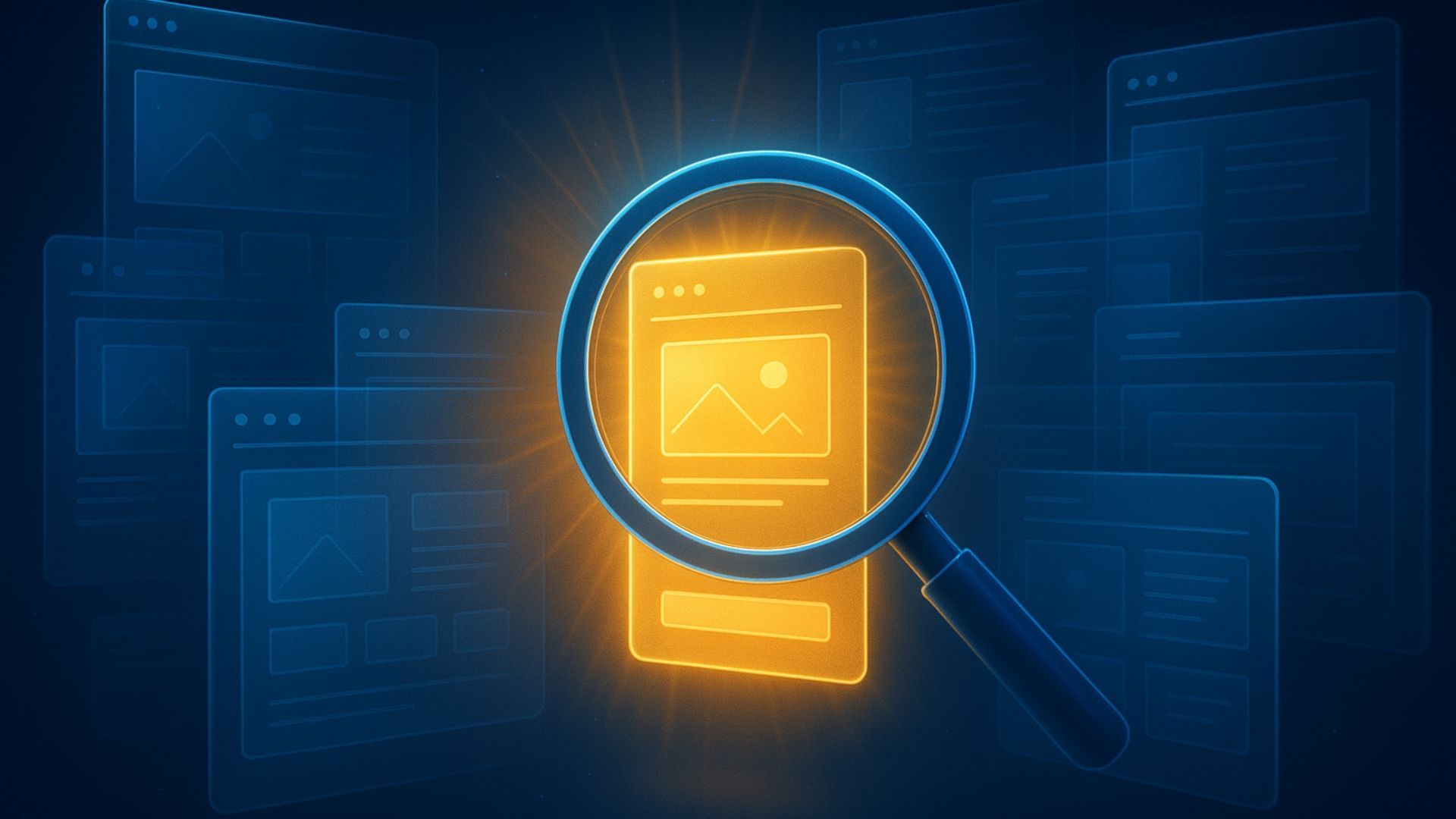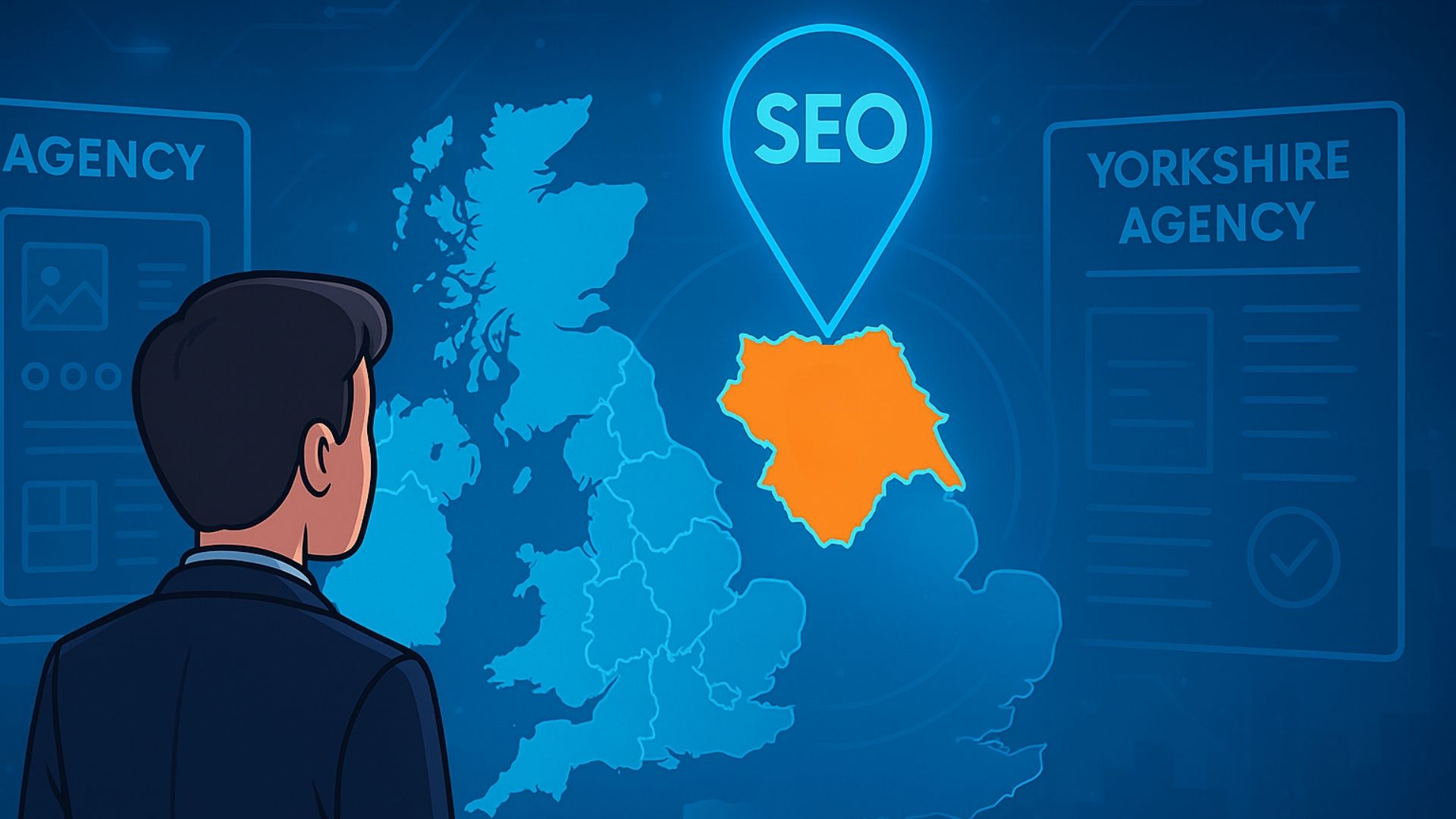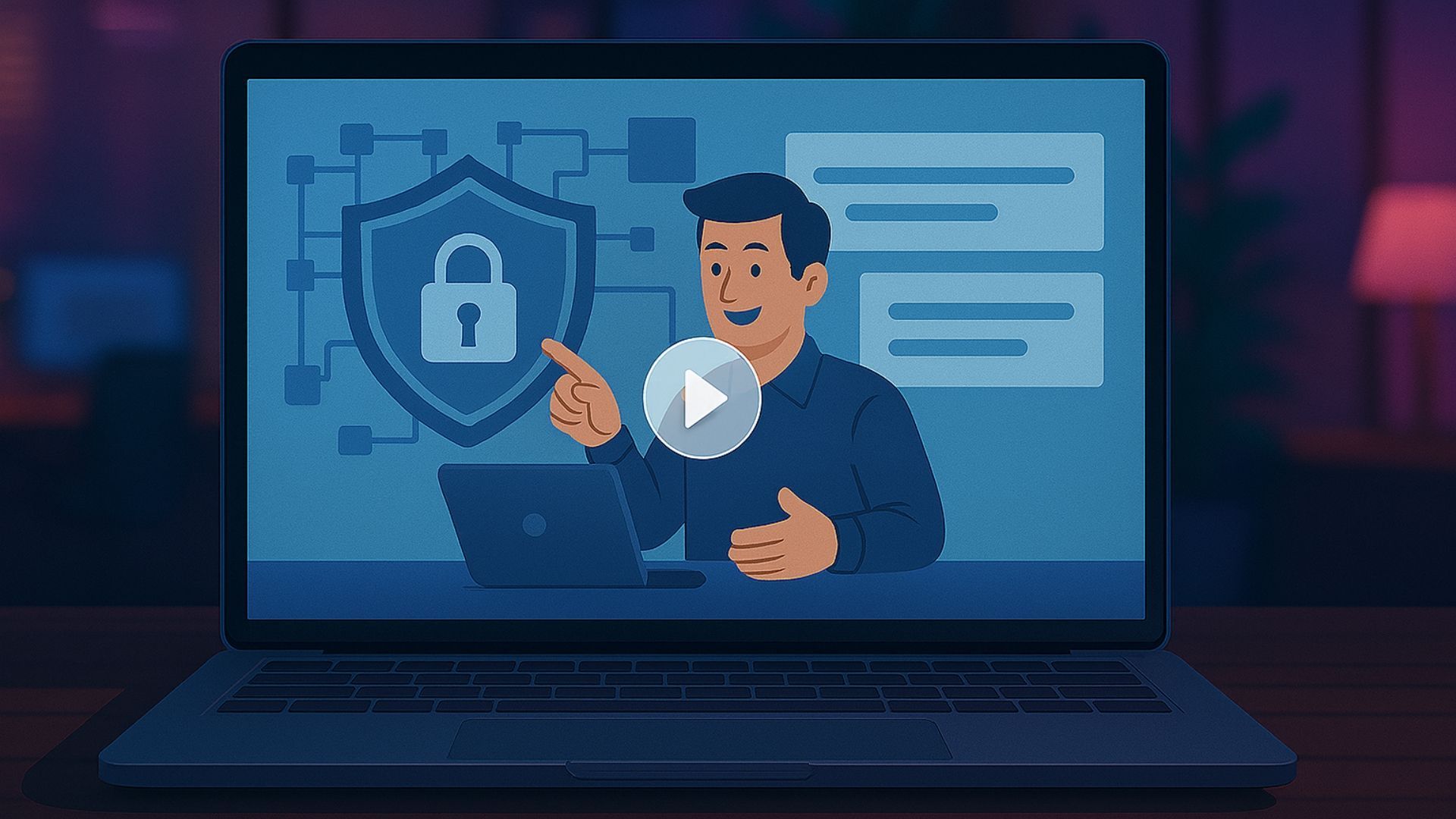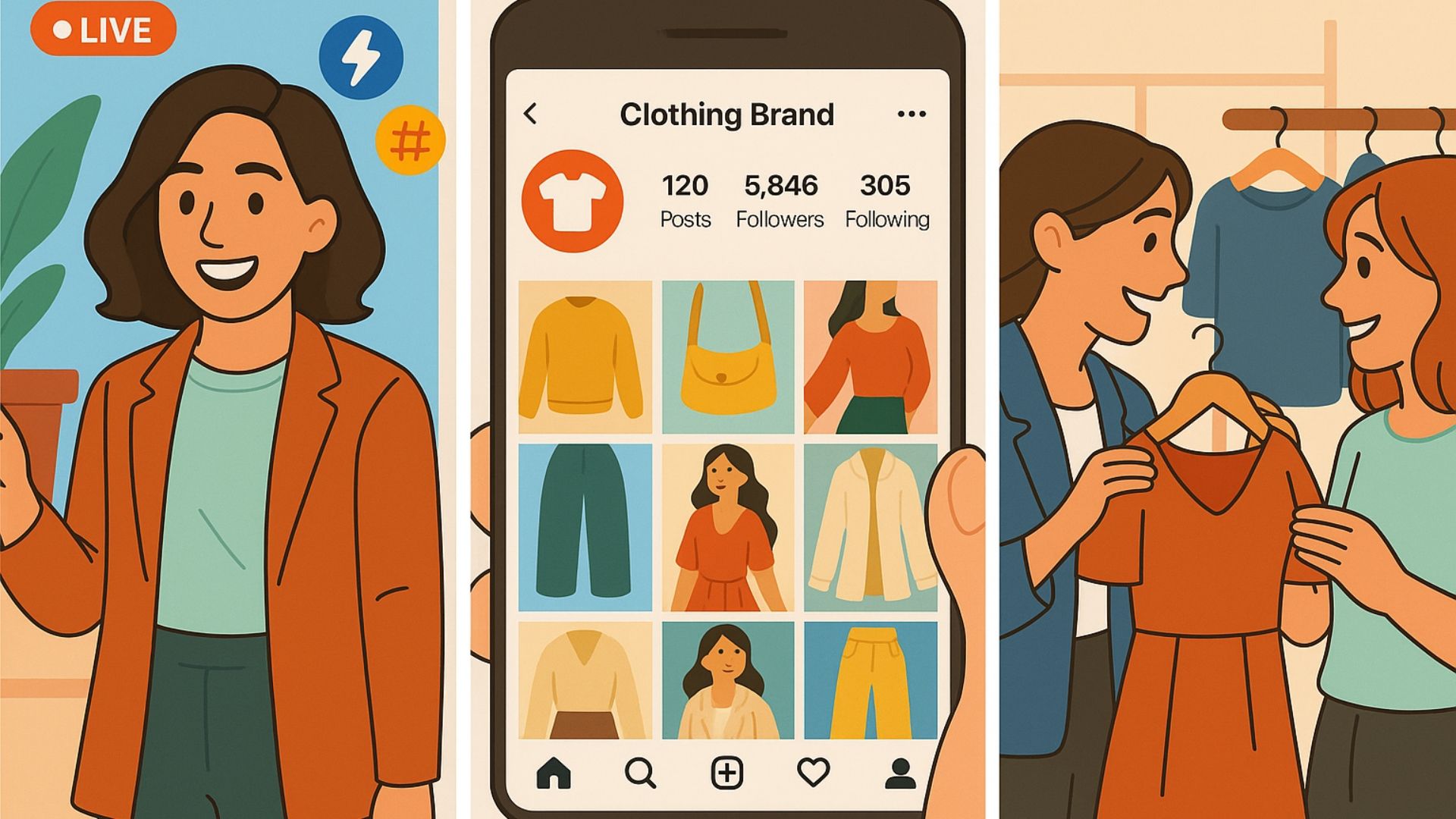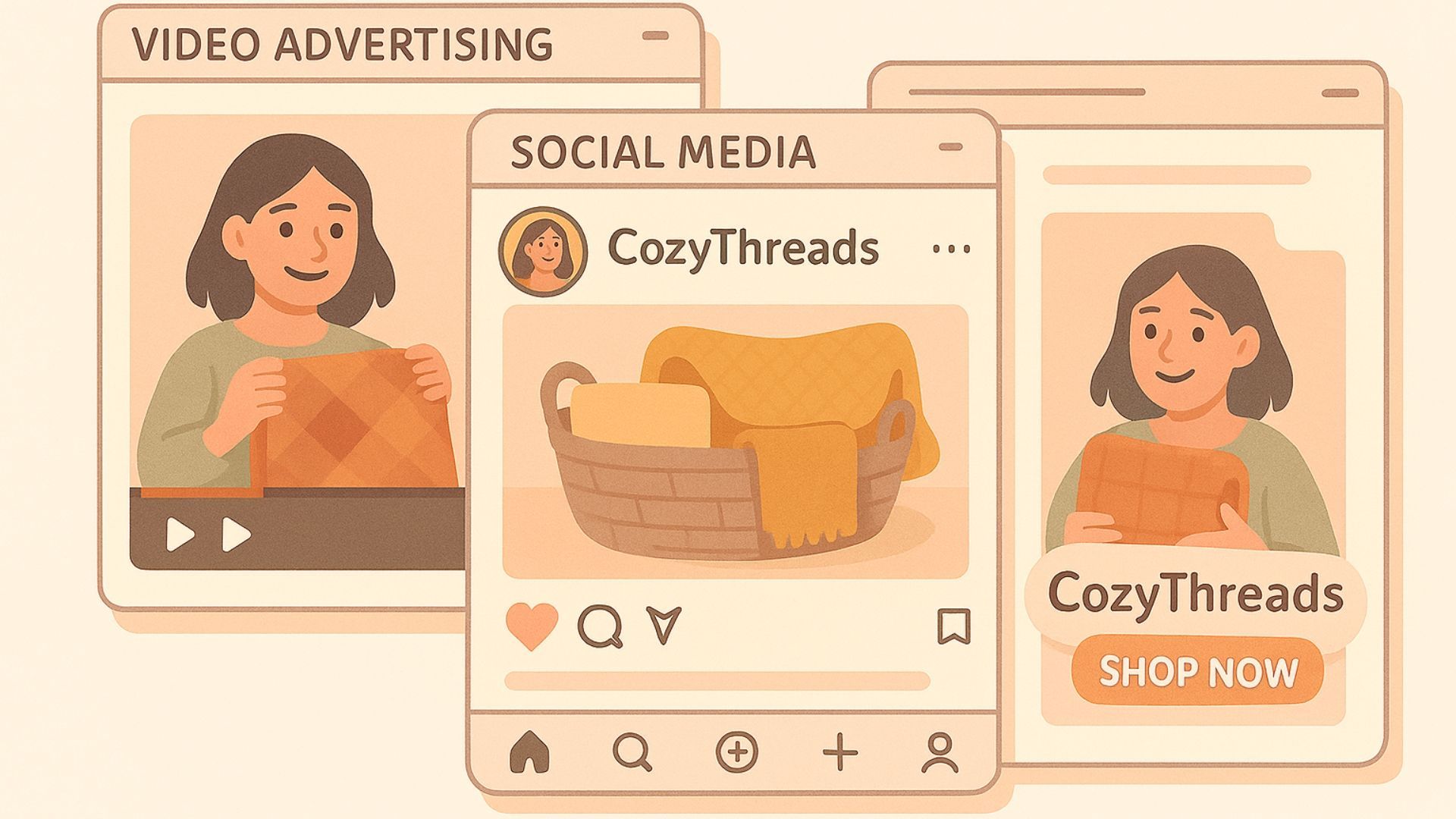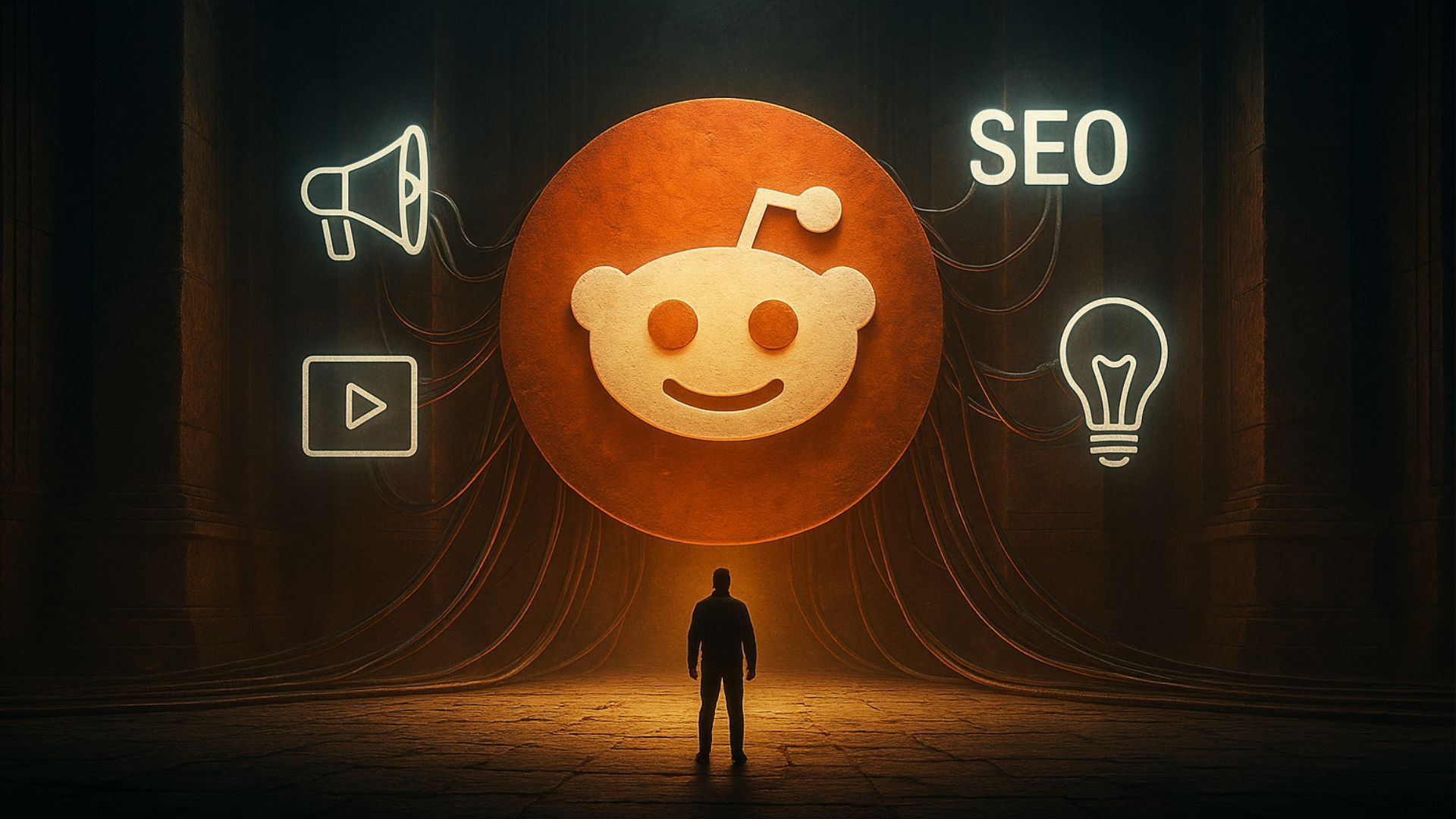Prospecting vs lead generation: the difference explained simply
Confused about the difference between leads and prospects? Don't worry. It's simpler than you might think…

There are many good things about digital marketing. Number one: more sales.
However, we doubt we'll ruffle many feathers if we say that a less-than-good thing about our sector is the sheer amount of jargon you encounter.
Is it
all
jargon, though? We think not. There's no denying that some digital marketers throw buzzwords around to try to prove their know-how. But sometimes, what sounds like jargon actually communicates an important distinction.
You can see this in the subject of today's article: the difference between prospecting and lead generation. In fact, we'd go so far as to say that people who don't find the distinction useful simply haven't understood it.
This is partly because some businesses use the two terms vaguely or even interchangeably. You might hear it said that lead generation is "passive" while prospecting is "active". This is an unhelpful distinction. It makes lead generation sound like sitting in a chair and hoping for the best.
To make matters more confusing, each firm seems to use slightly different definitions. At My Digital Hero, we see the difference like this. A lead is a row on a spreadsheet. It shows you a name and some kind of contact details.
It doesn't matter whether you got those details from a trade fair or a third-party list. A lead is a possibility. For a lead to turn into a prospect, you need evidence that they're interested in having a conversation with you about your brand.
It's a bit like social media. Let's say your small business has 1,000 likes. How many actively engage with your posts through likes, comments and shares? How many were briefly interested and then forgot all about you? How many are bots?
A spreadsheet full of leads is your like count. A spreadsheet full of prospects is your top followers – the ones who've shown they want to interact.
This isn't just semantics. Separating lead generation from prospecting can clarify your goals and make your schedule smarter. In turn, this can get you more customers. So, what do each of them involve?

Lead generation vs prospecting: two strategies for growth
There's no single way to get people to engage with your business online. One fundamental way is to get interested customers to opt in to communications from you.
Customer X is looking for sports clubs in Widnes. If your digital marketing is up to scratch, your brand will appear when they search on Google. You encourage them to sign up – essentially swapping a contact detail for sparkling copy in their inboxes.
That's one way to generate leads. You can also get referrals from colleagues and clients or get names and numbers from networking events.
Crucially, these people aren't necessarily ready to buy. Sure, they might be. But not all leads are prospects.
Getting leads, then, is still very much part of the planning stage. Prospecting, by contrast, is all about pushing leads towards a sale.
The difference is partly one of focus. Lead generation usually consists of a business reaching out to many people. You cast your net wide and see who's biting. Many will lose interest long before you get to speak to them.
Prospecting, however, is one-to-one. It's about cultivating a relationship to close a deal. It involves
reaching out to promising leads – not just scrolling up and down the spreadsheet wondering when those names will dance off the screen making the "ker-ching" sound.
You could reach out to them via email or phone. You could ask to set up a meeting. Whatever the precise move you make, prospecting is about turning those leads into relationships and moving them closer to a sale.
Why does the difference matter?
"There's a difference, actually" is surely one of mankind's least attractive phrases. It suggests a person delighting in pedantry as they mansplain the difference between "compliment" and "complement" or "weather" and "climate".
The difference between lead generation and prospecting, however, can have real-world consequences. Why? Because if you treat them as the same thing, your scheduling will suffer.
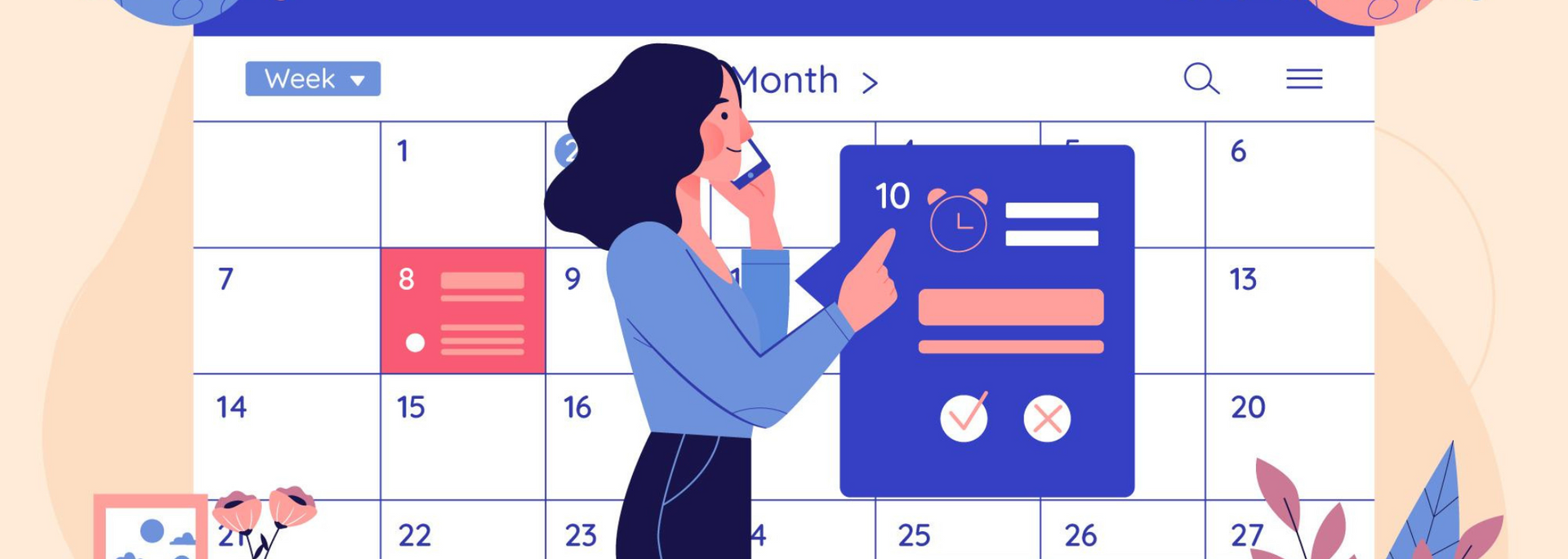
Time, after all, is a scarce resource. When you're running a small business, you need to make sure you're using your time effectively. If Wednesday at three o'clock is time to generate leads and do some prospecting, you're likely to underachieve.
This is because the two activities require significantly different strategies. In the case of desk-based work, lead generation is about finding the address and prospecting is getting in the car and driving there.
Even if your lead generation involves getting to industry events and shaking hands, it's still a separate activity from prospecting. Lead generation is about telling people who you are and what you do. Prospecting is about asking them if they'd like to dance.
In other words, lead generation and prospecting serve different stages of the sales process. Treat them as one and the same and your sales will suffer. Separate them and enjoy a new level of focused activity and, above all, sales!
Where does prospecting fit into a digital marketing strategy?
Any digital marketing strategy worth its salt is a many-horned beast. It will involve both lead generation and prospecting through web-based and in-person methods. That, however, is just the tip of the digital iceberg.
An effective strategy will also involve
SEO-friendly web design to drive traffic to your site. It will involve content marketing – videos and blogs made by humans that speak to your target audience. And it will involve strategically executed
pay-per-click ads that put your services in front of more people.
None of these strategies are rocket science – but they all take time, effort and skill. That's why many businesses choose a digital marketing agency like ours to take the reins. By leveraging external expertise, you get to focus on what you do best while we take care of the rest.
So, if you're looking for affordable
lead generation, prospecting or other
digital marketing services, don't hesitate to
get in touch with My Digital Hero. We'd love to help you out.


